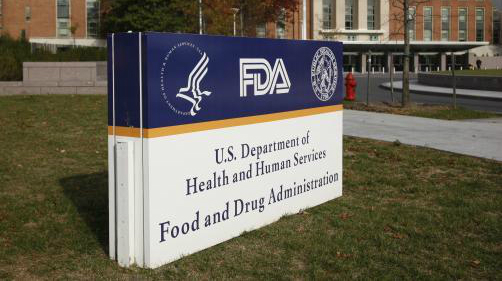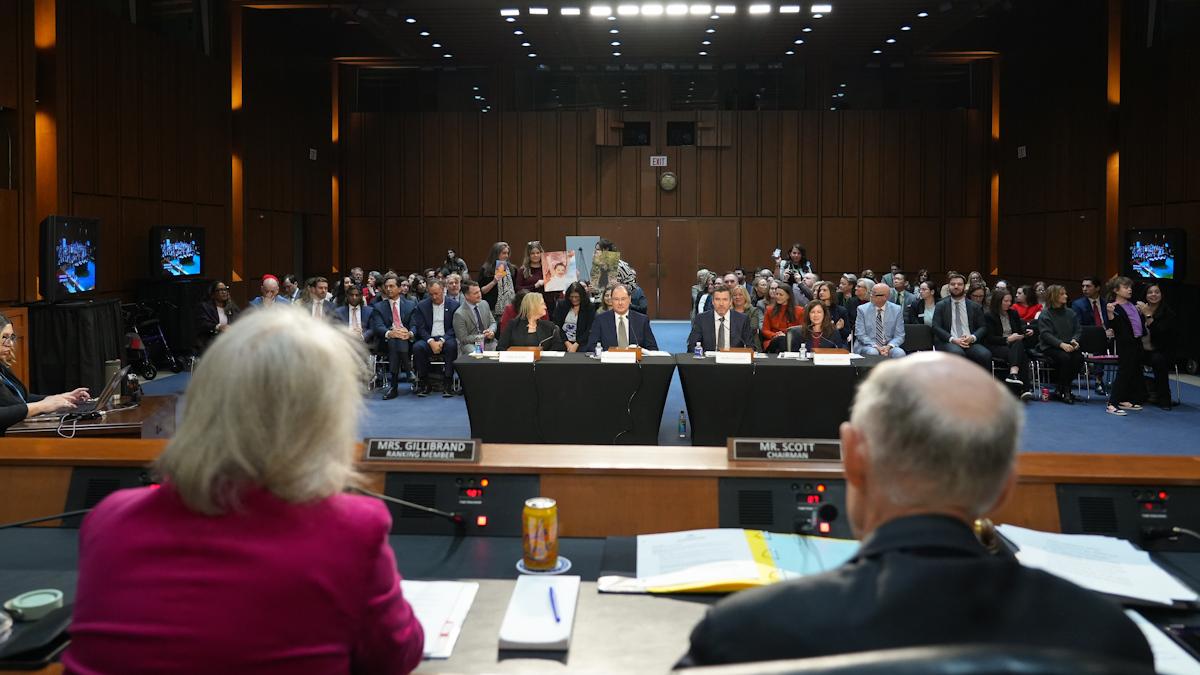FDA lifts hold on uniQure gene therapy after cancer case review

Dosing can start once again in uniQure's phase 3 trial of its haemophilia B gene therapy, after the FDA concluded that a case of liver cancer seen in the study was unlikely to be caused by the treatment.
The biotech said that the FDA had concluded that its investigation into the case, conducted in collaboration with an independent lab, found no evidence that the genetic modification associated with etranacogene dezaparvovec (AMT-061) played a part in the formation of the tumour.
Rather, it found that the cause was likely to be a pre-malignant state in the liver of the patient that predisposed them to the cancer, a hepatocellular carcinoma (HCC), caused by a history of hepatitis B and C infections.
The HOPE-B trial has now been cleared to restart dosing, and uniQure expects to report top-line results before the end of June. It had previously said it did not anticipate any delay to its regulatory filing for the one-shot therapy – expected before year-end in the US – as a result of the clinical hold.
Shares in the biotech rose more than 8% after the news was announced, a slightly muted response by investors, likely as the findings of the independent analysis had previously been disclosed.
Nevertheless it's a relief for uniQure and other gene therapy developers, as there is a perennial concern that inserting genes into the genomes of patient cells could inadvertently activate genes that cause cancer.
That's something that has been seen with retroviruses and lentiviruses used in gene therapies in the past, including in a French trial involving children with severe combined immunodeficiency (SCID) in which four of nine successfully treated patients developed leukaemia within a few years.
Like many newer gene therapy candidates, AMT-061 uses an adeno-associated virus (AAV) vector to deliver its genetic payload into cells, as AAV is thought to be much less likely to integrate into cellular DNA. If a causal link had been established with the HCC case, it would have sent a shockwave across the sector.
Biopsies taken from the tumour and adjacent liver tissue found however that integration of the AAV vector in the tissue sample taken from the liver cancer patients was "extremely rare", according to uniQure – accounting for only around 0.027% of the cells.
Those AAV integrations seemed to occur randomly across the genome and there was no evidence that any location was more common than others, or indeed that an integration had stimulated a cell to divide more often, which could be a warning signal for malignancy.
The last readout from HOPE-B at the American Society of Haematology (ASH) meeting last November revealed that AMT-061 significantly reduced bleeding episodes and practically eliminated the need for infusions of clotting factor IX in patients with severe or moderately severe haemophilia B.
The lifting of the hold keeps uniQure in contention with its closest rival in the haemophilia B gene therapy race, Pfizer, whose fidanacogene elaparvovec candidate is also in late-stage testing.
It will also be celebrated by CSL Behring, which paid $450 million upfront to license rights to AMT-061 last year in a deal that could top out above $2 billion, factoring in potential milestone payments.













